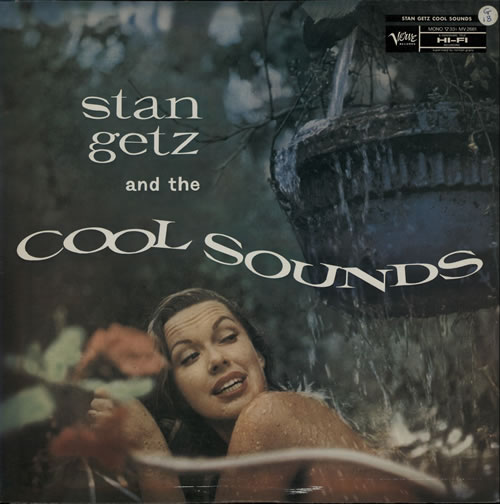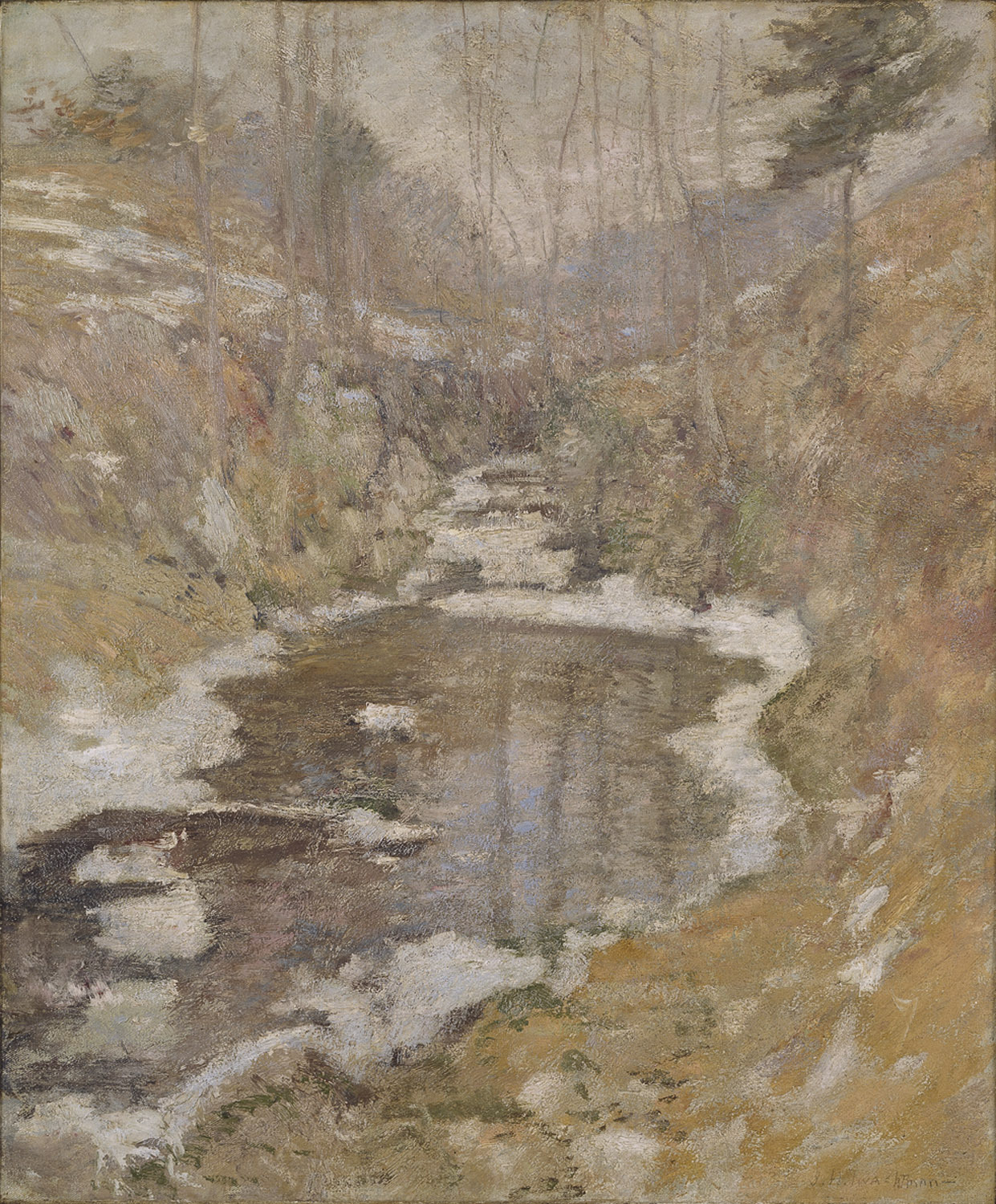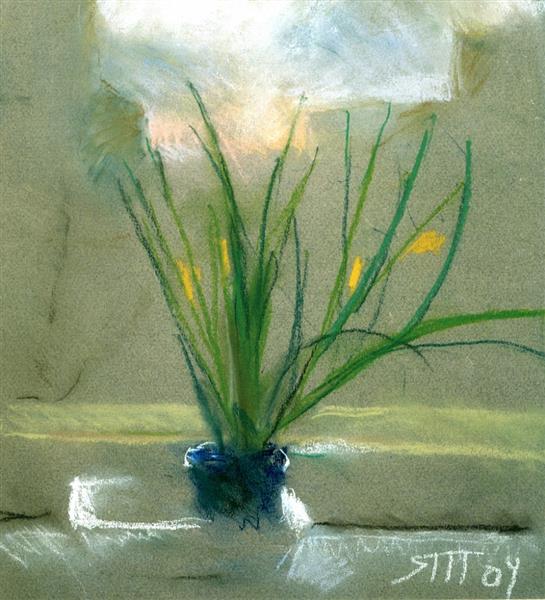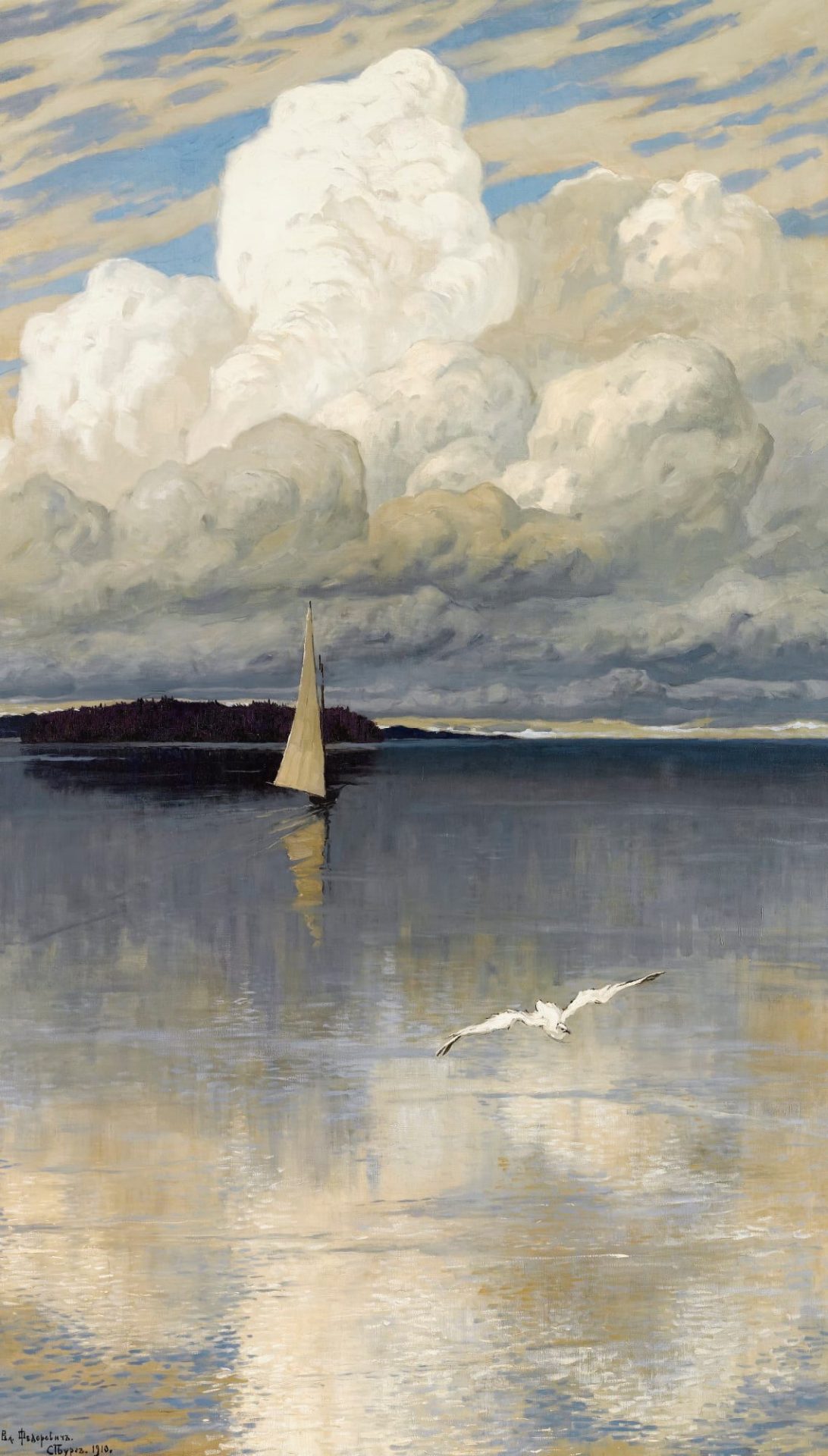31 May 2021
Happy Birthday, Whitman
44
It is time to explain myself—let us stand up.
What is known I strip away,
I launch all men and women forward with me into the Unknown.
The clock indicates the moment—but what does eternity indicate?
We have thus far exhausted trillions of winters and summers,
There are trillions ahead, and trillions ahead of them.
Births have brought us richness and variety,
And other births will bring us richness and variety.
I do not call one greater and one smaller,
That which fills its period and place is equal to any.
Were mankind murderous or jealous upon you, my brother, my sister?
I am sorry for you, they are not murderous or jealous upon me,
All has been gentle with me, I keep no account with lamentation,
(What have I to do with lamentation?)
I am an acme of things accomplish'd, and I an encloser of things to be.
My feet strike an apex of the apices of the stairs,
On every step bunches of ages, and larger bunches between the steps,
All below duly travel'd, and still I mount and mount.
Rise after rise bow the phantoms behind me,
Afar down I see the huge first Nothing, I know I was even there,
I waited unseen and always, and slept through the lethargic mist,
And took my time, and took no hurt from the fetid carbon.
Long I was hugg'd close—long and long.
Immense have been the preparations for me,
Faithful and friendly the arms that have help'd me.
Cycles ferried my cradle, rowing and rowing like cheerful boatmen,
For room to me stars kept aside in their own rings,
They sent influences to look after what was to hold me.
Before I was born out of my mother generations guided me,
My embryo has never been torpid, nothing could overlay it.
For it the nebula cohered to an orb,
The long slow strata piled to rest it on,
Vast vegetables gave it sustenance,
Monstrous sauroids transported it in their mouths and deposited it with care.
All forces have been steadily employ'd to complete and delight me,
Now on this spot I stand with my robust soul.
Walt Whitman, from Song of Myself
Haunt.
I was a minuteman at Concord Bridge,
I was a frigate-gunner on Lake Erie,
I was a mortarman at Stony Ridge,
I fought at San Juan Hill and Château Thierry,
I braved Corregidor and the Arctic Sea:
The index finger brings democracy.
These States bred freedom in and in my bone—
Old as the new testament of Plymouth Bay.
When the Founding Fathers laid the Cornerstone
And rued the thirteen clocks that would not say
The hour on the hour, I nerved myself with them
Under the noose in the hand of the tyrant’s whim.
I’ve seen the alien ships of destiny
Plow the sea mountains between the hemispheres.
I’ve seen the Gulf Stream of our history
Littered with derelicts of corsair careers.
I’ve heard the watchman cry, “The bars! The bars!”
When midnight held the funeral of stars.
I saw horizontal States grow vertical,
From Plymouth Harbor to the Golden Gate,
Till wedged against skyscapes empyreal
Their glories elbowed the decrees of fate.
These States bred freedom in and in my bone:
I hymn their virtues and their sins atone.
The tares and wheat grow in the self-same field,
The rose and thorn companion on the bush,
The gold and gravel cuddle in the yield,
The oil and grit and dirt together gush.
The Gordian knot to be or not to be
Snares not the free.
My faith props the tomorrows, for I know
The roots of liberty, tough-fibered, feed
On the blood of tyrants and martyrs; the judas blow
Tortures the branches till they twist and bleed;
And yet no Caesar, vitamined on loot,
Can liberty uproot!
I am the Unknown Soldier: I open doors
To the Rights of Man, letters incarnadine.
These shrines of freedom are mine as well as yours;
These ashes of freemen yours as well as mine.
My troubled ghost shall haunt These States, nor cease
Till the global war becomes a global peace.
Melvin B. Tolson
Memory.
Willard, Spirit of '76, 1876
Without memory, there is no culture. Without memory, there would be no civilization, no society, no future.
Elie Wiesel
30 May 2021
Superstar.
Rock keyboardist Rick Wakeman reappraises Antonio Vivaldi's The Four Seasons - one of the most popular piece of classical music of all time but often denounced as muzak for the middle classes. Wakeman thinks the critics are wrong though, and believes that the Four Seasons was so far ahead of its time that it was actually the first ever concept album, making Vivaldi the world's first rock superstar. But why did a piece written by a sickly 18th-century priest disappear into obscurity for more than 200 years after his death? Rick travels to Venice, a city with a reputation in the 18th century for debauchery. There he uncovers a tale of an almost rock 'n' roll-like scandal contributing to Vivaldi's downfall ...
Worth.
If a thing is free to be good it is also free to be bad. And free will is what has made evil possible. Why, then, did God give them free will? Because free will, though it makes evil possible, is also the only thing that makes possible any love or goodness or joy worth having. A world of automata--of creatures that worked like machines--would hardly be worth creating. The happiness which God designs for His higher creatures is the happiness of being freely, voluntarily united to Him and to each other in an ecstasy of love and delight compared with which the most rapturous love between a man and a woman on this earth is mere milk and water. And for that they must be free.
C.S. Lewis, from Mere Christianity
Freedom.
Where knowledge is free;
Where the world has not been broken up into fragments by narrow domestic walls;
Where words come out from the depth of truth;
Where tireless striving stretches its arms towards perfection;
Where the clear stream of reason has not lost its way into the dreary desert sand of dead habit;
Where the mind is led forward by thee into ever-widening thought and action–
Into that heaven of freedom, my Father, let my country awake.
Rabindranath Tagore
Down.
will be brought down
We warned you before
and nothing that you built has stood
Hear it as you lean over you blueprint
Hear it as you roll up your sleeve
Hear it once again
Any system you contrive without us
will be brought down
You have your drugs
You have your guns
You have your Pyramids your Pentagons
With all your grass and bullets
you cannot hunt us any more
All that we disclose of ourselves forever
is this warning
Nothing that you built has stood
Any system you contrive without us
will be brought down.
Leonard Cohen
Surely.
Politics is, as it were, the gizzard of society, full of grit and gravel, and the two political parties are its two opposite halves− sometimes split into quarters, it may be, which grind on each other. Not only individuals, but states, have thus a confirmed dyspepsia, which expresses itself, you can imagine by what sort of eloquence. Thus our life is not altogether a forgetting, but also, alas! to a great extent, a remembering, of that which we should never have been conscious of, certainly not in our waking hours. Why should we not meet, not always as dyspeptics, to tell our had dreams, but sometimes as eupeptics, to congratulate each other on the ever−glorious morning? I do not make an exorbitant demand, surely.
Henry David Thoreau, from "Life without Principle"
Self-choice.
There are only two kinds of people in the end: those who say to God, "Thy will be done," and those to whom God says, in the end, "Thy will be done." All that are in Hell, choose it. Without that self-choice there could be no Hell. No soul that seriously and constantly desires joy will ever miss it. Those who seek find. To those who knock, it is opened.
C.S. Lewis, from The Great Divorce
Tough.
Dick Winters: "Hang Tough" honors one of World War II's most respected combat leaders - Major Richard D. Winters. Emmy winning actor Damian Lewis narrates the documentary that traces Winters' early years, his development as a leader, the famed attack on Brecourt Manor on D-Day, and the dedication on June 6, 2012 of the Richard D. Winters Leadership Monument in Normandy, France ...
Stalest.
I do not know but it is too much to read one newspaper a week. The news we hear, for the most part, is not news to our genius. It is the stalest repetition. I think that there is nothing, not even crime, more opposed to poetry, to philosophy, ay, to life itself, than this incessant business.
Henry David Thoreau, "Life Without Principle", 1863
Bravest.
The bravest are surely those who have the clearest vision of what is before them, glory and danger alike, and yet notwithstanding, go out to meet it.
Thucydides
29 May 2021
Braves.
Honor to the Soldier, and Sailor everywhere, who bravely bears his country's cause. Honor also to the citizen who cares for his brother in the field, and serves, as he best can, the same cause -- honor to him, only less than to him, who braves, for the common good, the storms of heaven and the storms of battle.
Abraham Lincoln, from a letter to George Opdyke,December 2, 1863
Ideals.
Life without ideals tires of itself.
Sir Roger Scruton
Philosopher Roger Scruton argues for a culture of reason, responsibility and irony in the place of the dangerous fallacies that derive from false optimism.
Unrealities.
In humility is the greatest freedom. As long as you have to defend the imaginary self that you think is important, you lose your peace of heart. As soon as you compare that shadow with the shadows of other people, you lose all joy, because you have begun to trade in unrealities and there is no joy in things that do not exist.
Thomas Merton
Pilgrimage.
I believe that the State will soon be able to take all my work of this sort out of my hands, and then I shall be no better a patriot than my fellow-countrymen. Seen from a lower point of view, the Constitution, with all its faults, is very good; the law and the courts are very respectable; even this State and this American government are, in many respects, very admirable, and rare things, to be thankful for, such as a great many have described them; but seen from a point of view a little higher, they are what I have described them; seen from a higher still, and the highest, who shall say what they are, or that they are worth looking at or thinking of at all?
However, the government does not concern me much, and I shall bestow the fewest possible thoughts on it. It is not many moments that I live under a government, even in this world. If a man is thought-free, fancy-free, imagination-free, that which is not never for a long time appearing to be to him, unwise rulers or reformers cannot fatally interrupt him.
I know that most men think differently from myself; but those whose lives are by profession devoted to the study of these or kindred subjects content me as little as any. Statesmen and legislators, standing so completely within the institution, never distinctly and nakedly behold it. They speak of moving society, but have no resting-place without it. They may be men of a certain experience and discrimination, and have no doubt invented ingenious and even useful systems, for which we sincerely thank them; but all their wit and usefulness lie within certain not very wide limits. They are wont to forget that the world is not governed by policy and expediency. Webster never goes behind government, and so cannot speak with authority about it. His words are wisdom to those legislators who contemplate no essential reform in the existing government; but for thinkers, and those who legislate for all time, he never once glances at the subject. I know of those whose serene and wise speculations on this theme would soon reveal the limits of his mind's range and hospitality. Yet, compared with the cheap professions of most reformers, and the still cheaper wisdom and eloquence of politicians in general, his are almost the only sensible and valuable words, and we thank Heaven for him. Comparatively, he is always strong, original, and, above all, practical. Still, his quality is not wisdom, but prudence. The lawyer's truth is not Truth, but consistency or a consistent expediency. Truth is always in harmony with herself, and is not concerned chiefly to reveal the justice that may consist with wrong-doing. He well deserves to be called, as he has been called, the Defender of the Constitution. There are really no blows to be given by him but defensive ones. He is not a leader, but a follower. His leaders are the men of '87- "I have never made an effort," he says, "and never propose to make an effort; I have never countenanced an effort, and never mean to countenance an effort, to disturb the arrangement as originally made, by which the various States came into the Union." Still thinking of the sanction which the Constitution gives to slavery, he says, "Because it was a part of the original compact- let it stand." Notwithstanding his special acuteness and ability, he is unable to take a fact out of its merely political relations, and behold it as it lies absolutely to be disposed of by the intellect- what, for instance, it behooves a man to do here in America today with regard to slavery- but ventures, or is driven, to make some such desperate answer as the following, while professing to speak absolutely, and as a private man- from which what new and singular code of social duties might be inferred? "The manner," says he, "in which the governments of those States where slavery exists are to regulate it is for their own consideration, under their responsibility to their constituents, to the general laws of propriety, humanity, and justice, and to God. Associations formed elsewhere, springing from a feeling of humanity, or any other cause, have nothing whatever to do with it. They have never received any encouragement from me, and they never will."
They who know of no purer sources of truth, who have traced up its stream no higher, stand, and wisely stand, by the Bible and the Constitution, and drink at it there with reverence and humility; but they who behold where it comes trickling into this lake or that pool, gird up their loins once more, and continue their pilgrimage toward its fountain-head ...
Can there not be a government in which majorities do not virtually decide right and wrong, but conscience?- in which majorities decide only those questions to which the rule of expediency is applicable? Must the citizen ever for a moment, or in the least degree, resign his conscience to the legislation? Why has every man a conscience, then? I think that we should be men first, and subjects afterward. It is not desirable to cultivate a respect for the law, so much as for the right. The only obligation which I have a right to assume is to do at any time what I think right.
Henry David Thoreau, from "Civil Disobedience"
Happy Birthday, Chesterton
The BALLAD of GOD-MAKERS
A bird flew out at the break of day
From the nest where it had curled,
And ere the eve the bird had set
Fear on the kings of the world.
The first tree it lit upon
Was green with leaves unshed;
The second tree it lit upon
Was red with apples red;
The third tree it lit upon
Was barren and was brown,
Save for a dead man nailed thereon
On a hill above a town.
That night the kings of the earth were gay
And filled the cup and can;
Last night the kings of the earth were chill
For dread of a naked man.
"If he speak two more words," they said,
"The slave is more than the free;
If he speak three more words," they said,
"The stars are under the sea."
Said the King of the East to the King of the West,
I wot his frown was set,
"Lo, let us slay him and make him as dung,
It is well that the world forget."
Said the King of the West to the King of the East,
I wot his smile was dread,
"Nay, let us slay him and make him a god,
It is well that our god be dead."
They set the young man on a hill,
They nailed him to a rod;
And there in darkness and in blood
They made themselves a god.
And the mightiest word was left unsaid,
And the world had never a mark,
And the strongest man of the sons of men
Went dumb into the dark.
Then hymns and harps of praise they brought,
Incense and gold and myrrh,
And they thronged above the seraphim,
The poor dead carpenter.
"Thou art the prince of all," they sang,
"Ocean and earth and air."
Then the bird flew on to the cruel cross,
And hid in the dead man’s hair.
"Thou art the son of the world!" they cried,
"Speak if our prayers be heard."
And the brown bird stirred in the dead man’s hair
And it seemed that the dead man stirred.
Then a shriek went up like the world’s last cry
From all nations under heaven,
And a master fell before a slave
And begged to be forgiven.
They cowered, for dread in his wakened eyes
The ancient wrath to see;
And a bird flew out of the dead Christ’s hair,
And lit on a lemon tree.
G.K. Chesterton
28 May 2021
Honor.
I have no illusions about what little I can add now to the silent testimony of those who gave their lives willingly for their country. Words are even more feeble on this Memorial Day, for the sight before us is that of a strong and good nation that stands in silence and remembers those who were loved and who, in return, loved their countrymen enough to die for them.
Yet, we must try to honor them -- not for their sake alone, but for our own. And if words cannot repay the debt we owe these men, surely with our actions we must strive to keep faith with them and with the vision that led them to battle and to final sacrifice.
Our first obligation to them and ourselves is plain enough: the United States and the freedom for which it stands, the freedom for which they died, must endure and prosper. Their lives remind us that freedom is not bought cheaply. It has a cost; it imposes a burden. And just as they whom we commemorate were willing to sacrifice, so too must we -- in a less final, less heroic way -- be willing to give of ourselves ...
The willingness of some to give their lives so that others might live never fails to evoke in us a sense of wonder and mystery. One gets that feeling here on this hallowed ground, and I have known that same poignant feeling as I looked out across the rows of white crosses and Stars of David in Europe, in the Philippines, and the military cemeteries here in our own land. Each one marks the resting place of an American hero and, in my lifetime, the heroes of World War I, the Doughboys, the GI's of World War II or Korea or Vietnam. They span several generations of young Americans, all different and yet all alike, like the markers above their resting places, all alike in a truly meaningful way.
Winston Churchill said of those he knew in World War II they seemed to be the only young men who could laugh and fight at the same time. A great general in that war called them our secret weapon, "just the best darn kids in the world." Each died for a cause he considered more important than his own life. Well, they didn't volunteer to die; they volunteered to defend values for which men have always been willing to die if need be, the values which make up what we call civilization. And how they must have wished, in all the ugliness that war brings, that no other generation of young men to follow would have to undergo that same experience.
As we honor their memory, let us pledge that their lives, their sacrifices, their valor shall be justified and remembered for as long as God gives life to this nation. And let us also pledge to do our utmost to carry out what must have been their wish: that no other generation of young men will every have to share their experiences and repeat their sacrifice.
President Ronald Reagan, from his Memorial Day address at Arlington National Cemetery, 31 May 1982
Happy Birthday, Percy
Walker Percy was born on this day in 1916.
The search is what anyone would undertake if he were not sunk in the everydayness of his own life. To become aware of the possibility of the search is to be onto something. Not to be onto something is to be in despair.
Walker Percy
Pops.
Own.
The average man seeks certainty in the eyes of the onlooker and calls that self-confidence. The warrior seeks impeccability in his own eyes and calls that humbleness. The average man is hooked to his fellow men, while the warrior is hooked only to infinity.
Carlos Castaneda
Educate.
Imagine a young Isaac Newton time-travelling from 1670s England to teach Harvard undergrads in 2017. After the time-jump, Newton still has an obsessive, paranoid personality, with Asperger’s syndrome, a bad stutter, unstable moods, and episodes of psychotic mania and depression. But now he’s subject to Harvard’s speech codes that prohibit any “disrespect for the dignity of others”; any violations will get him in trouble with Harvard’s Inquisition (the "Office for Equity, Diversity, and Inclusion"). Newton also wants to publish Philosophiæ Naturalis Principia Mathematica, to explain the laws of motion governing the universe. But his literary agent explains that he can’t get a decent book deal until Newton builds his "author platform" to include at least 20k Twitter followers – without provoking any backlash for airing his eccentric views on ancient Greek alchemy, Biblical cryptography, fiat currency, Jewish mysticism, or how to predict the exact date of the Apocalypse.
Newton wouldn’t last long as a "public intellectual" in modern American culture. Sooner or later, he would say "offensive" things that get reported to Harvard and that get picked up by mainstream media as moral-outrage clickbait. His eccentric, ornery awkwardness would lead to swift expulsion from academia, social media, and publishing. Result? On the upside, he’d drive some traffic through Huffpost, Buzzfeed, and Jezebel, and people would have a fresh controversy to virtue-signal about on Facebook. On the downside, we wouldn’t have Newton’s Laws of Motion ...
Every campus speech code and restrictive speech norm is a Sword of Damocles dangling above the head of every academic whose brain works a little differently. We feel the sharpness and the weight every day. After every class, meeting, blog, and tweet, we brace for the moral outrage, public shaming, witch hunts, and inquisitions that seem to hit our colleagues so unpredictably and unfairly. Like visitors from a past century or a foreign culture, we don’t understand which concepts are admissible in your Overton window, or which words are acceptable to your ears. We don’t understand your verbal and moral taboos. We can’t make sense of your double standards and logical inconsistencies. We don’t respect your assumption that empathizing should always take precedence over systematizing. Yet we know you have the power to hurt us for things we can’t help. So, we suffer relentless anxiety about our words, our thoughts, our social relationships, our reputations, and our careers.
That era is over. Neurodiversity is finding its voice and its confidence. People with mental disorders and eccentric personalities have rights too, and we will not be intimidated by your stigma and shaming. We will demand our rights under the ADA through the Department of Education, the Department of Justice, and in federal district courts. We will educate administrators about the discriminatory side-effects of their bad policies. We will shatter your Swords of Damocles and raise our freak flags to fly over campuses around the world.
Geoffrey Miller, form "The Neurodiversity Case for Free Speech"
Would Isaac Newton succeed on the modern college campus? The genius who discovered the laws of motion, but who also obsessed over alchemy, was introverted and prone to unpredictable mood swings. Scholars believe he may have had autism, which is one of the many neurological conditions that contribute to “neurodiversity” in the world. And according to one new theory, the way modern colleges regulate speech is particularly chilling for neurodivergent people, like Newton, who are estimated to make up at least 20 percent of the population ...
Reconcile.
We have lost touch with beauty, just as we no longer affirm the moral sense. As such, the modern world is more profane than sacred. If we need Roger Scruton, it is because he shows us a way to reconcile beauty with the moral order. He shows why our deepest longings will remain unsatisfied once we deny truth, goodness and the beautiful.
27 May 2021
Hang.
"Hang care!" exclaimed he. "This is a delicious evening; the wine has a finer relish here than in the house, and the song is more exciting and melodious under the tranquil sky than in the close room, where the sound is stifled. Come, let us have a bacchanalian chant—let us, with old Sir Toby, make the welkin dance and rouse the night-owl with a catch! I am right merry. Pass the bottle, and tune your voices—a catch, a catch! The lights will be here anon."
Charles Ollier, from "The Haunted Manor-House of Paddington"
Rush, "Best I Can" ...
The euphony transformed me and inundated my soul in a roguish countenance, the likes of which I had know well in younger days. Such impishness soon drove out the complaints of the day.
Umberto Limongiello
Understand.
A person is, for us, a someone and not just a something. Persons are able to reply to the question “why?” asked of their state, their beliefs, their intentions, their plans, and their desires. This means that, while we often endeavour to explain people in the way we explain other objects in our environment – in terms of cause and effect, laws of motion, and physical makeup – we also have another kind of access to their past and future conduct. In addition to explaining their behaviour, we seek to understand it; and the contrast between explaining and understanding is pertinent to our whole way of describing persons and their world.
Sir Roger Scruton, from The Soul of the World
Believe.
I believe in God, Mozart and Beethoven, and likewise their disciples and apostles; - I believe in the Holy Spirit and the truth of the one, indivisible Art; - I believe that this Art proceeds from God, and lives within the hearts of all illumined men; - I believe that he who once has bathed in the sublime delights of this high Art, is consecrate to Her for ever, and never can deny Her; - I believe that through Art all men are saved.
Richard Wagner
25 May 2021
Capacity.
Jim Harrison
Happy Birthday, Emerson
Ralph Waldo Emerson was born on this day in 1803.
It is easy in the world to live after the world's opinion; it is easy in solitude to live after our own; but the great man is he who in the midst of the crowd keeps with perfect sweetness the independence of solitude.
Ralph Waldo Emerson
24 May 2021
23 May 2021
Paul Weller, "Light Nights"
Come out to play
Now the light nights are here
We'll swing and sway
Now the light nights are here ...
Seeking.
Twatchman, Hemlock Pool, 1902
Seeking is a combination of emotions people usually think of as being different: wanting something really good, looking forward to getting something really good and curiosity. Seeking gives you the energy to go after your goals.
Temple Grandin
Thank you, Casey.
Sensations.
Yablonska, Plant, 2004
I am certain of nothing but of the holiness of the Heart’s affections and the truth of Imagination—What the imagination seizes as Beauty must be truth—whether it existed before or not—for I have the same Idea of all our Passions as of Love they are all in their sublime, creative of essential Beauty—In a Word, you may know my favorite Speculation by my first Book and the little song I sent in my last—which is a representation from the fancy of the probable mode of operating in these Matters—The Imagination may be compared to Adam’s dream—he awoke and found it truth. I am the more zealous in this affair, because I have never yet been able to perceive how any thing can be known for truth by consequitive reasoning—and yet it must be—Can it be that even the greatest Philosopher ever arrived at his goal without putting aside numerous objections—However it may be, O for a Life of Sensations rather than of Thoughts!
John Keats, from a letter to Benjamin Bailey, November 22, 1817
Techniques.
Tools and techniques ought to be an extension of consciousness, but they can just as easily be a protection from consciousness. Then the tools become defense mechanisms against the unconscious.
Rollo May
Incurious.
Fedorovich, Calm Waters, 1910
To know nothing is nothing, not to want to know anything likewise, but to be beyond knowing anything, to know you are beyond knowing anything, that is when peace enters in, to the soul of the incurious seeker.
Samuel Beckett
Cultivate.
Sargent, Venetian Doorway, 1902
Cultivate an ever continuous power of observation. Wherever you are, be always ready to make slight notes of postures, groups and incidents. Store up in the mind a continuous stream of observations from which to make selections later. Above all things get abroad, see the sunlight and everything that is to be seen.
John Singer Sargent
Jordi Savall, Bal-Kan: Honey and Blood: Music in the Ottoman Empire
Carnegie Hall has made the following performance available until May 31, 2021 ...
Delve into a journey created by Jordi Savall, who has “what could be the broadest vision among any musicians today of how cultures connect and the historical significance of that for a modern, changing world” (Los Angeles Times). From the reign of the Ottoman Turks to the political divisions of the 20th century, Savall calls the Balkans “at one and the same time a rich meeting point and the theater of dramatic confrontations.” Experience the extraordinarily diverse cultural traditions that adapted and flourished during the Ottoman Empire’s regime.
Happy Birthday, Hood.
A FRIENDLY ADDRESS
To Mrs. Fry in Newgate
Sermons in stones.—As You Like It.
Out! out! damned spot.—Macbeth.
I like you, Mrs. Fry! I like your name!
It speaks the very warmth you feel in pressing
In daily act round Charity’s great flame—
I like the crisp Browne way you have of dressing,
Good Mrs. Fry! I like the placid claim
You make to Christianity,—professing
Love, and good works—of course you buy of Barton,
Beside the young fry’s bookseller, Friend Darton!
I like, good Mrs. Fry, your brethren mute—
Those serious, solemn gentlemen that sport—
I should have said, that wear, the sober suit
Shap’d like a court dress—but for heaven’s court.
I like your sisters too,—sweet Rachel’s fruit—
Protestant nuns! I like their stiff support
Of virtue—and I like to see them clad
With such a difference—just like good from bad!
I like the sober colors—not the wet;
Those gaudy manufactures of the rainbow—
Green, orange, crimson, purple, violet—
In which the fair, the flirting, and the vain, go—
The others are a chaste, severer set,
In which the good, the pious, and the plain, go—
They’re moral standards, to know Christians by—
In short, they are your colours, Mrs. Fry!
As for the naughty tinges of the prism—
Crimson’s the cruel uniform of war—
Blue—hue of brimstone! minds no catechism;
And green is young and gay—not noted for
Goodness, or gravity, or quietism,
Till it is sadden’d down to tea-green, or
Olive—and purple’s giv’n to wine, I guess;
And yellow is a convict by its dress!
They’re all the devil’s liveries, that men
And women wear in servitude to sin—
But how will they come off, poor motleys, when
Sin’s wages are paid down, and they stand in
The Evil presence? You and I know, then,
How all the party colours will begin
To part—the Pittite hues will sadden there,
Whereas the Foxite shades will all show fair!
Witness their goodly labors one by one!
Russet makes garments for the needy poor—
Dove-colour preaches love to all—and dun
Calls every day at Charity’s street door—
Brown studies scripture, and bids woman shun
All gaudy furnishing—olive doth pour
Oil into wounds: and drab and slate supply
Scholar and book in Newgate, Mrs. Fry!
Well! Heaven forbid that I should discommend
The gratis, charitable, jail-endeavor!
When all persuasions in your praises blend—
The Methodist’s creed and cry are, Fry for ever!
No—I will be your friend—and, like a friend,
Point out your very worst defect—Nay, never
Start at that word!—But I must ask you why
You keep your school in Newgate, Mrs. Fry?
Too well I know the price our mother Eve
Paid for her schooling: but must all her daughters
Commit a petty larceny, and thieve—
Pay down a crime for “entrance” to your “quarters”?
Your classes may increase, but I must grieve
Over your pupils at their bread and waters!
Oh, tho’ it cost you rent—(and rooms run high)
Keep your school out of Newgate, Mrs. Fry!
O save the vulgar soul before it’s spoil’d!
Set up your mounted sign without the gate—
And there inform the mind before ’tis soil’d!
’Tis sorry writing on a greasy slate!
Nay, if you would not have your labors foil’d,
Take it inclining tow’rds a virtuous state,
Not prostrate and laid flat—else, woman meek!
The upright pencil will but hop and shriek!
Ah, who can tell how hard it is to drain
The evil spirit from the heart it preys in,—
To bring sobriety to life again,
Chok’d with the vile Anacreontic raisin,—
To wash Black Betty when her black’s ingrain,—
To stick a moral lacquer on Moll Brazen,
Of Suky Tawdry’s habits to deprive her;
To tame the wild-fowl-ways of Jenny Diver!
Ah, who can tell how hard it is to teach
Miss Nancy Dawson on her bed of straw—
To make Long Sal sew up the endless breach
She made in manners—to write heaven’s own law
On hearts of granite.—Nay, how hard to preach,
In cells, that are not memory’s—to draw
The moral thread, thro’ the immoral eye
Of blunt Whitechapel natures, Mrs. Fry!
In vain you teach them baby-work within:
’Tis but a clumsy botchery of crime;
’Tis but a tedious darning of old sin—
Come out yourself, and stitch up souls in time—
It is too late for scouring to begin
When virtue’s ravell’d out, when all the prime
Is worn away, and nothing sound remains;
You’ll fret the fabric out before the stains!
I like your chocolate, good Mistress Fry!
I like your cookery in every way;
I like your shrove-tide service and supply;
I like to hear your sweet Pandeans play;
I like the pity in your full-brimm’d eye;
I like your carriage, and your silken grey,
Your dove-like habits, and your silent preaching;
But I don’t like your Newgatory teaching.
Come out of Newgate, Mrs. Fry! Repair
Abroad, and find your pupils in the streets.
O, come abroad into the wholesome air,
And take your moral place, before Sin seats
Her wicked self in the Professor’s chair.
Suppose some morals raw! the true receipt’s
To dress them in the pan, but do not try
To cook them in the fire, good Mrs. Fry!
Put on your decent bonnet, and come out!
Good lack! the ancients did not set up schools
In jail—but at the Porch! hinting, no doubt,
That Vice should have a lesson in the rules
Before ’twas whipt by law.—O come about,
Good Mrs. Fry! and set up forms and stools
All down the Old Bailey, and thro’ Newgate-street,
But not in Mr. Wontner’s proper seat!
Teach Lady Barrymore, if, teaching, you
That peerless Peeress can absolve from dolour;
Teach her it is not virtue to pursue
Ruin of blue, or any other colour;
Teach her it is not Virtue’s crown to rue,
Month after month, the unpaid drunken dollar;
Teach her that “flooring Charleys” is a game
Unworthy one that bears a Christian name.
O come and teach our children—that ar’n’t ours—
That heaven’s straight pathway is a narrow way,
Not Broad St. Giles’s, where fierce Sin devours
Children, like Time—or rather they both prey
On youth together—meanwhile Newgate low’rs
Ev’n like a black cloud at the close of day,
To shut them out from any more blue sky:
Think of these hopeless wretches, Mrs. Fry!
You are not nice—go into their retreats,
And make them Quakers, if you will.—’Twere best
They wore straight collars, and their shirts sans pleats;
That they had hats with brims,—that they were drest
In garbs without lappels—than shame the streets
With so much raggedness.—You may invest
Much cash this way—but it will cost its price,
To give a good, round, real cheque to Vice!
In brief,—oh teach the child its moral rote,
Not in the way from which it won’t depart,—
But out—out—out! Oh, bid it walk remote!
And if the skies are clos’d against the smart,
Ev’n let him wear the single-breasted coat,
For that ensureth singleness of heart.—
Do what you will, his every want supply,
Keep him—but out of Newgate, Mrs. Fry!
Thomas Hood
22 May 2021
Driven.
What am I in the eyes of most people - a nonentity, an eccentric or an unpleasant person - somebody who has no position in society and never will have, in short, the lowest of the low.
All right, then - even if that were absolutely true, then I should one day like to show by my work what such an eccentric, such a nobody, has in his heart.
That is my ambition, based less on resentment than on love malgré tout [in spite of everything], based more on a feeling of serenity than on passion.
Though I am often in the depths of misery, there is still calmness, pure harmony and music inside me. I see paintings or drawings in the poorest cottages, in the dirtiest comers. And my mind is driven towards these things with an irresistible momentum.
Vincent van Gogh
Subscribe to:
Posts (Atom)

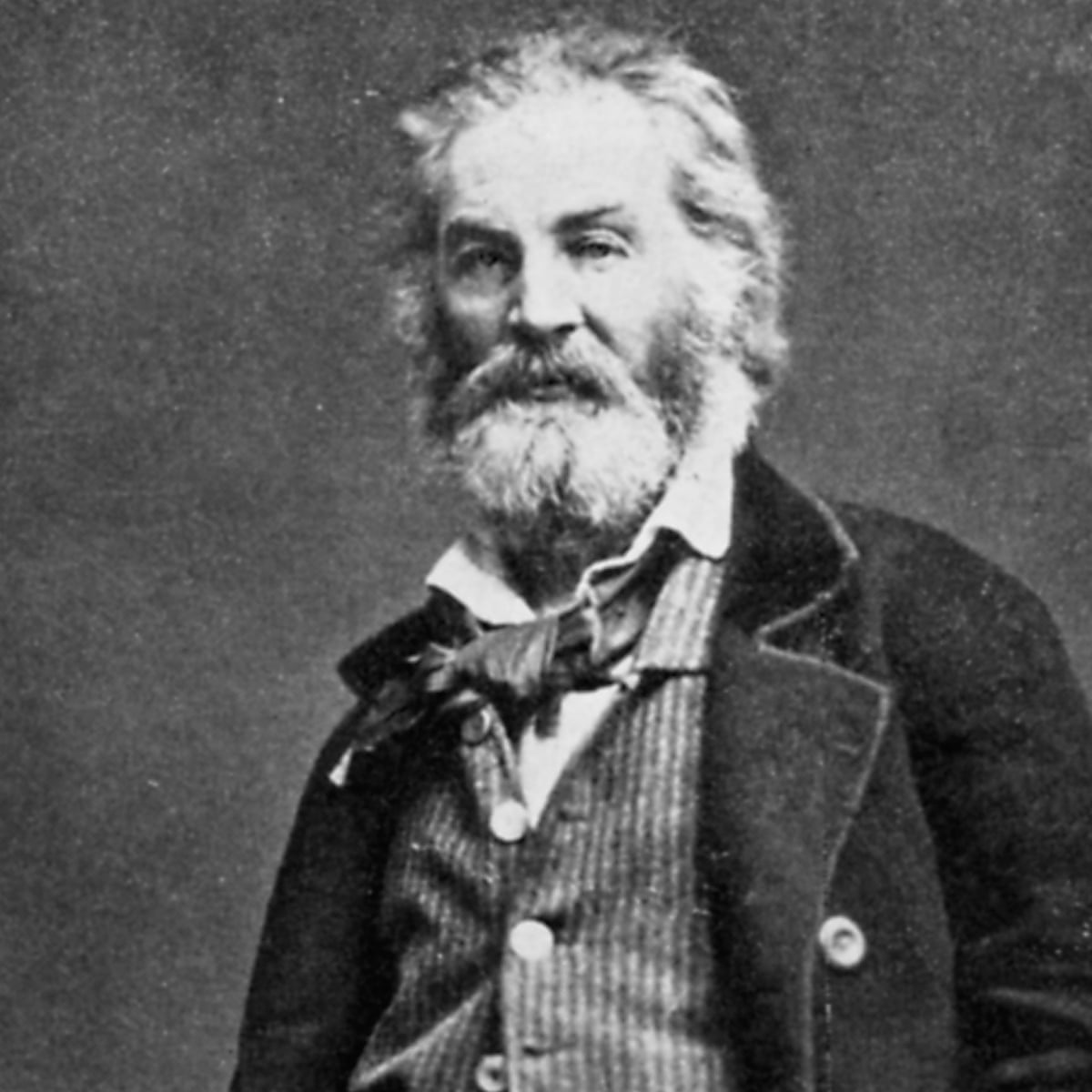





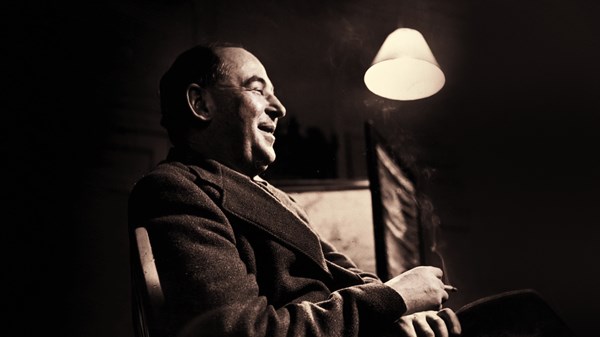





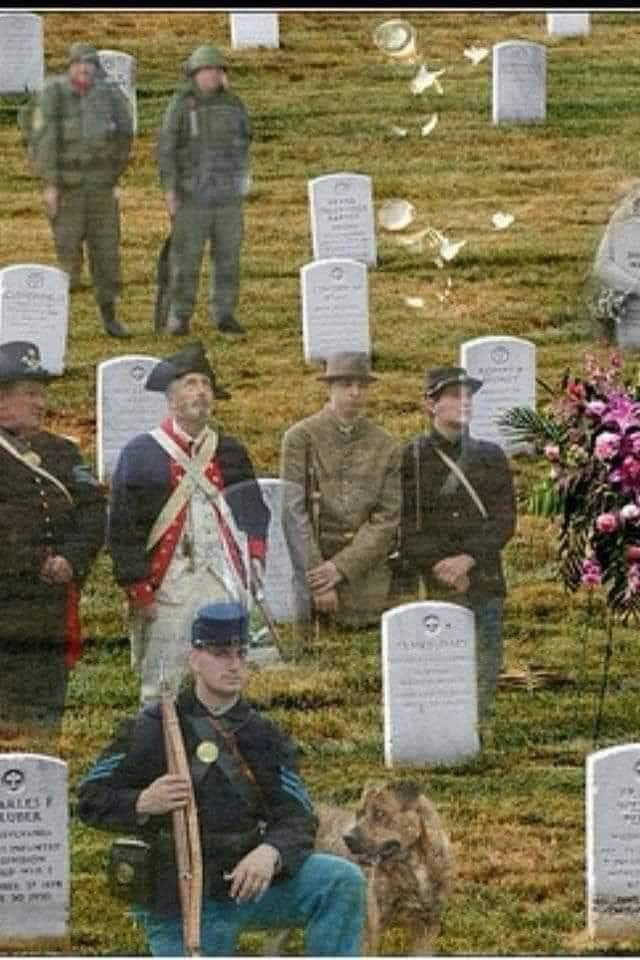



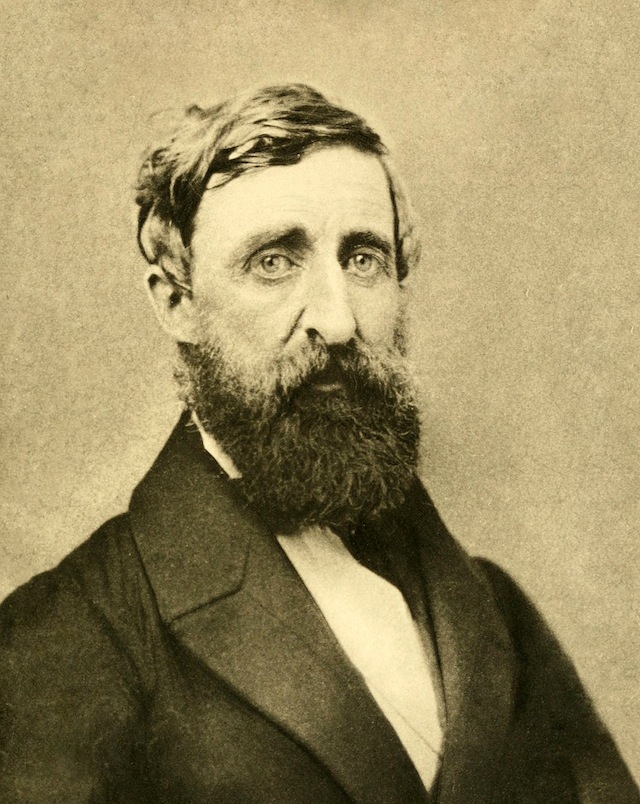





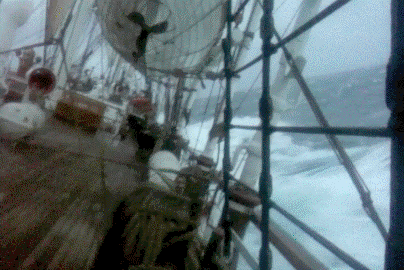



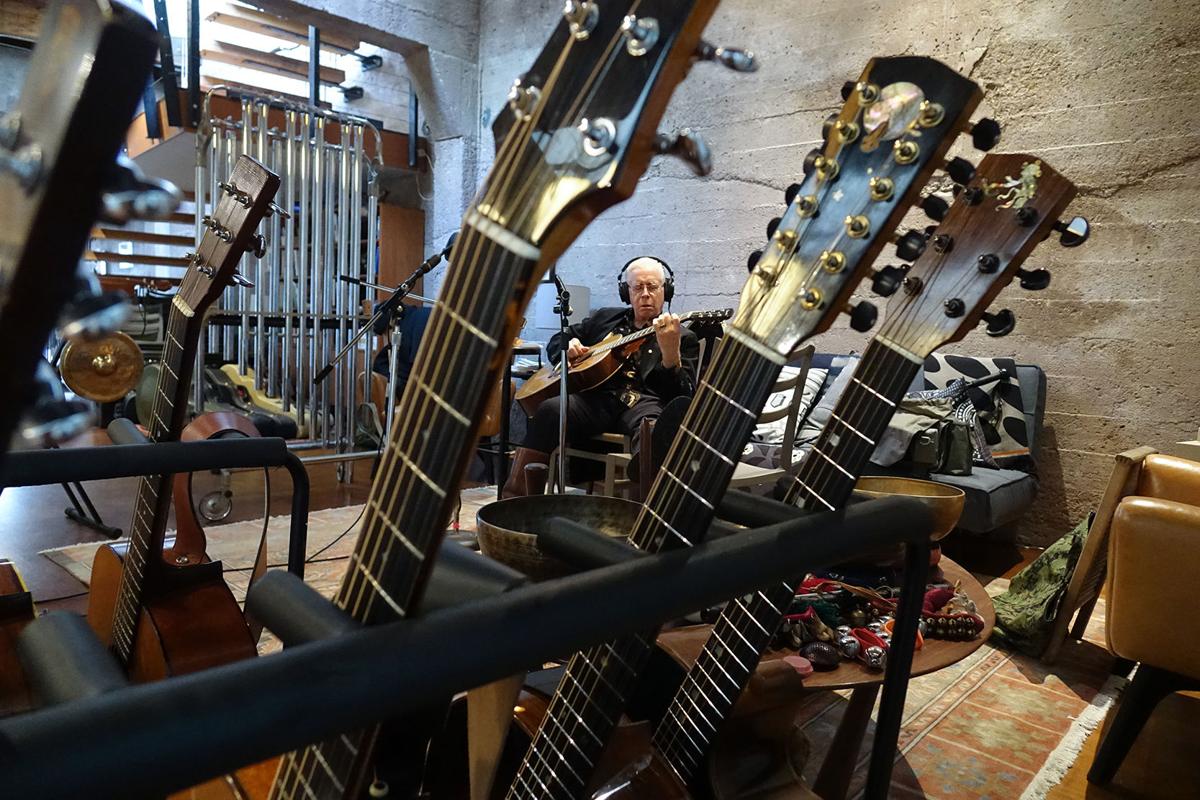

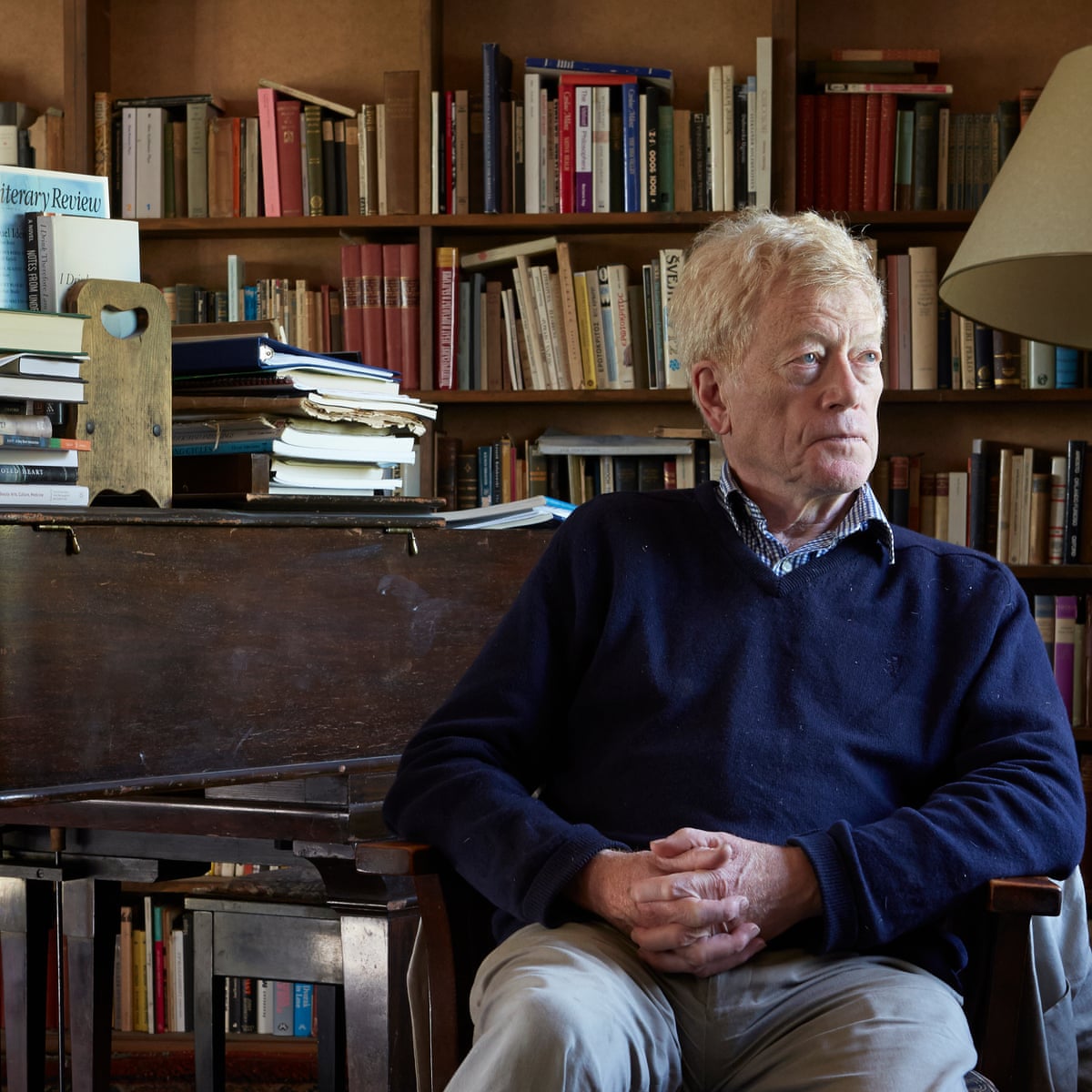



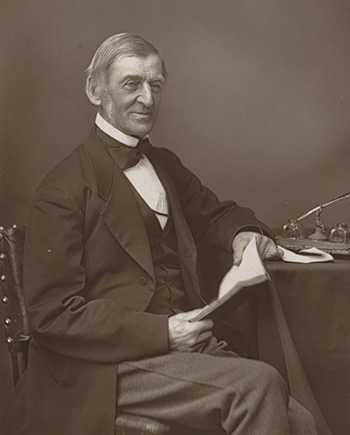

:format(webp):mode_rgb():quality(90)/discogs-images/R-2631154-1294136809.jpeg.jpg)

